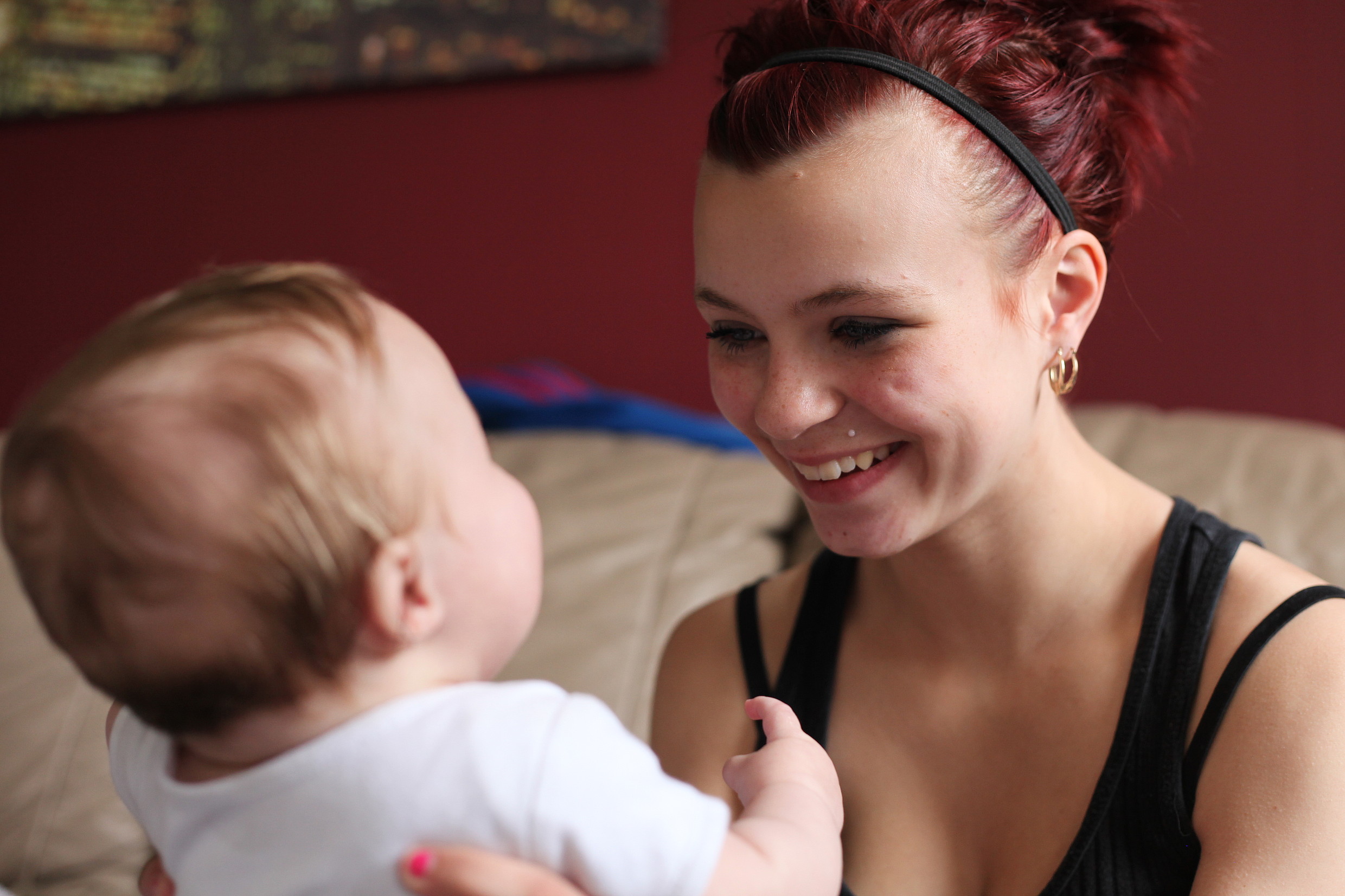
Like all parents, teenage mothers and young fathers want to do the best for their children.
Whilst a good proportion manage very well; many young parents’ health, education and economic outcomes remain disproportionately poor, affecting the life chances for both them and their children.
Over the last 15 years, the under-18 conception rate has more than halved to the lowest level since 1969. This is the result of a long-term evidence-based teenage pregnancy strategy.
We are committed to supporting local government and partners to further reduce under 18 conception rates. Not only because the majority of these pregnancies are unplanned but we know that delaying pregnancy is generally better for both parents and children.
Despite the fact that fewer young people are choosing early parenthood, we need to continue to support young parents and their children.
While every young parent has their own individual story, the risk factors for early pregnancy highlight the vulnerabilities with which some enter parenthood, including family poverty, persistent school absence, slower than expected school attainment and being looked after or a care leaver.
These risk factors are reflected in the cohort of young parents in the Family Nurse Partnership trial participants: 46% of young parents had been suspended, expelled or excluded from school and 48% were not in education, employment or training.
As a result of this, many young parents will have missed out on the protective factors of sex and relationships education through school, and many will have not have had positive parenting role models or a trusted adult in their lives. For some, this lack of exposure to positive environments can make parenting very challenging.
However, these vulnerabilities can be addressed and poor outcomes avoided if early, coordinated and sustained support is put in place. This should be focused on building the skills, confidence and aspirations of young parents.
For most teenage mothers and young fathers this will require dedicated support coordinated by a health visitor or family nurse with the skills to build a trusted relationship; but it also relies on the contribution of universal services and other relevant programmes to help ensure a joined up care pathway for all young parents.
One of PHE’s 7 national priorities is ‘ensuring every child has the best start in life’. To support young parents in delivering this for their children, PHE has partnered with six local authorities to produce a framework to support teenage mothers and young fathers.
This framework, which includes a series of PDF infographics, has been developed to help commissioners and service providers review current support arrangements for young parents in their local area to help them on their way. It sets out the relevance and importance of teenage mothers and young fathers to each service, and includes suggestions for tailoring services to meet local needs.
Alongside the framework we have developed a Teenage Parent Outcomes Modelling Tool, which brings together data and evidence about factors that affect outcomes for teenage parents and their children. It can be used to model the impact of certain services, for example setting up a new stop smoking service for young mothers.
To complement the framework, PHE’s new edition of Health Matters published last week addresses the important role that healthcare professionals and local authorities can play to ensure that from pregnancy through to age 2 children and their parents receive the care and services they need.
I’m delighted to see the publication of these three useful resources to help up work towards our ambition our ensuring every child has the best start in life.
